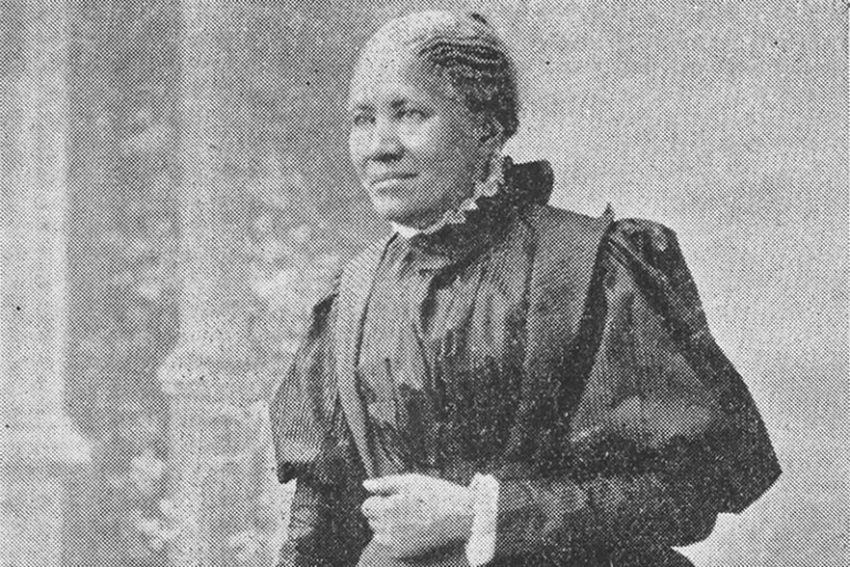As an abolitionist, suffragist, and temperance activist, Frances Ellen Watkins Harper labored for social change at a time when the United States was grappling with the legacy of slavery and the ongoing fight for civil rights. Through her pen and poetry, she sought to inspire unity and reform – instilling a deeper moral and social message beneath melodious rhymes and refrains.
In “The Bells,” she channels her deep spiritual faith and reformist zeal into a meditation on how humanity might find redemption through collective moral awakening. Bells, in her vision, are instruments of both warning and hope. They toll to remind society of its failings but also to summon it toward progress and renewal. The poem’s musical repetition mirrors the persistence of Harper’s advocacy: steady, insistent, and impossible to ignore.
For Harper, bells were not just instruments of sound. Rather, bells call us to duty, justice, and compassion – the cries of a world still striving toward moral harmony.
Love her work? The largest abolitionist bells in the Emancipation Bells carillon are united by one of her indelible poems: “Songs for the People.”

Image: Portrait of Frances Ellen Watkins Harper (1825-1911).
"The Lost Bells"
Frances Ellen Watkins Harper
Year after year the artist wrought
With earnest, loving care,
The music flooding all his soul
To pour upon the air.
For this no metal was too rare,
He counted not the cost;
Nor deemed the years in which he toiled
As labor vainly lost.
When morning flushed with crimson light
The golden gates of day,
He longed to fill the air with chimes
Sweet as a matin's lay.
And when the sun was sinking low
Within the distant West,
He gladly heard the bells he wrought
Herald the hour of rest.
The music of a thousand harps
Could never be so dear
As when those solemn chants and thrills
Fell on his list'ning ear.
He poured his soul into their chimes,
And felt his toil repaid;
He called them children of his soul,
His home a'near them made.
But evil days came on apace,
War spread his banner wide,
And from his village snatched away
The artist's love and pride.
At dewy morn and stilly eve
The chimes no more he heard;
With dull and restless agony
His spirit's depths was stirred.
A weary longing filled his soul,
It bound him like a spell;
He left his home to seek the chimes --
The chimes he loved so well.
Where lofty fanes in grandeur rose,
Upon his ear there fell
No music like the long lost chimes
Of his beloved bell.
And thus he wandered year by year.
Touched by the hand of time,
Seeking to hear with anxious heart
Each well remembered chime.
And to that worn and weary heart
There came a glad surcease:
He heard again the dear old chimes,
And smiled and uttered peace.
"The chimes! the chimes!" the old man cried,
"I hear their tones at last;"
A sudden rapture filled his heart,
And all his cares were past.
Yes, peace had come with death's sweet calm,
His journeying was o'er,
The weary, restless wanderer
Had reached the restful shore.
It may be that he met again,
Enfolded in the air,
The dear old chimes beside the gates
Where all is bright and fair;
That he who crossed and bowed his head
When Angelus was sung
In clearer light touched golden harps
By angel fingers strung.
Cover image: An empty bell tower rises over the ruins of Old Belchite, a historic town destroyed in the Spanish Civil War that remains reminder of war's devastation.

